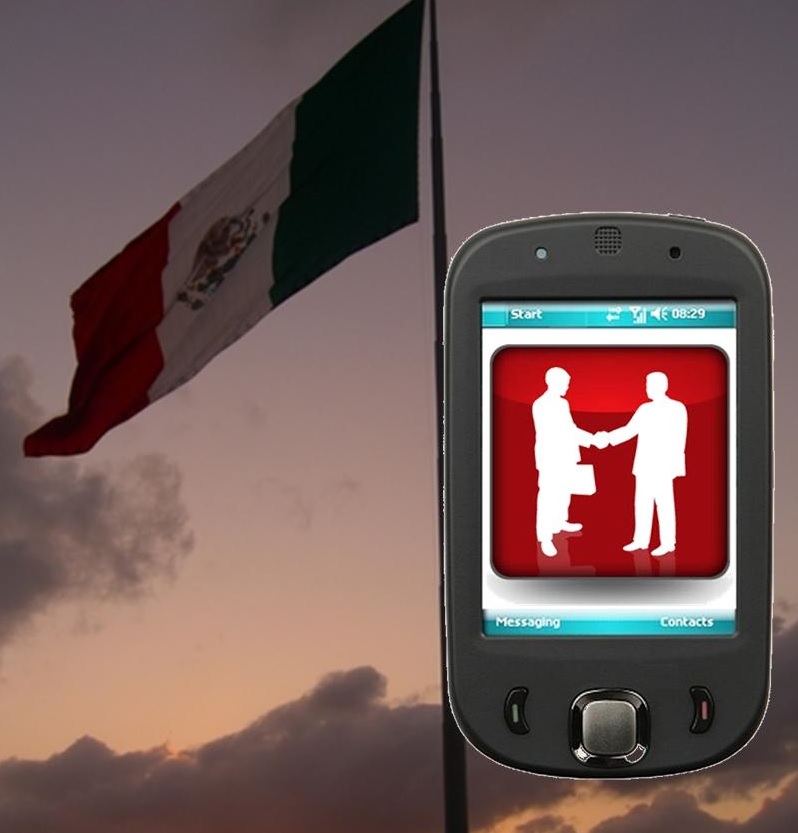Companies agree to tackle mobile commerce
Alibaba, one of China’s largest retail organizations, has entered into a new agreement with Intime Department Store. Intime currently operates 37 retail stores in China and had been looking to establish a stronger presence in the mobile sector. This interest aligns with Alibaba’s own plans and the two companies have agreed to work together to make mobile payments more accessible to consumers. This will be accomplished by Intime incorporating support for the Alipay Wallet application into its stores.
Alipay Wallet to be supported by Intime stores
Alipay was launched in January of this year and represents Alibaba’s approach to mobile commerce. The application is meant to store the financial information of users and make use of this information to facilitate purchases directly from a mobile device. The application currently boasts of more than 100 million users throughout China, making it the country’s premier mobile commerce platform. One of the attractive aspects of the application is the fact that it does not rely on NFC technology. The Alipay Wallet is able to facilitate mobile payments through the scanning of QR codes and similar barcodes.
Companies to expand their focus on mobile payments
 Per the agreement, Intime will begin supporting payments being made by customers using the Alipay Wallet. This may help expose more people to the concept of mobile commerce and give them more flexibility when it comes to shopping at Intime stores. Both Alibaba and Intime have also agreed to expand their efforts in the mobile commerce field beyond the use of the Alipay Wallet. Exactly what that entails is not yet known.
Per the agreement, Intime will begin supporting payments being made by customers using the Alipay Wallet. This may help expose more people to the concept of mobile commerce and give them more flexibility when it comes to shopping at Intime stores. Both Alibaba and Intime have also agreed to expand their efforts in the mobile commerce field beyond the use of the Alipay Wallet. Exactly what that entails is not yet known.
Mobile commerce continues to gain traction in China
Mobile commerce has been gaining popularity with Chinese consumers for some time. More people are gaining access to smartphones and tablets and are beginning to demand more convenient and efficient ways to shop. Mobile commerce has been able to win over many people with its convenient aspects, but efficiency can often be a problem, especially if retailers are not comfortable with using mobile commerce platforms effectively.
Companies team together to bolster mobile commerce
AnywhereCommerce, a Canadian mobile commerce firm, has entered into a new partnership with Prosa, a provider of merchant services based in Mexico. Through this partnership, the two companies will work to make mobile payments more accessible to consumers throughout Mexico and give retailers and merchants the ability to facilitate mobile commerce. The concept of mobile commerce has been growing more attractive to consumers as more people get their hands on smartphones and tablets. AnywhereCommerce and Prosa are keen to take advantage of the growing demand for mobile commerce services.
Prosa to deploy payment systems from AnywhereCommerce
Prosa will deploy AnywhereCommerce’s aCommerce Gateway platform, which is capable of accepting payments from credit and debit cards as well as mobile devices. Prosa will also be deploying a range of mobile point-of-sale devices from AnywehreCommerce. Merchants can use these systems to accept payments being made from smartphones and tablets. Both companies believe that this technology will provide merchants with more flexibility in the way they engage consumers.
Retailers have some trouble breaking into mobile commerce
 Mobile commerce offers a degree of convenience that has rarely been seen in the retail field. Many retailers, however, have had problems with their adoption of mobile commerce in recent years. Several companies have failed to optimize their websites for mobile viewing, providing consumers with a poor shopping experience. Others have utilized mobile commerce platforms that are based on proprietary technology, which has limited people’s access to mobile payments in a significant way.
Mobile commerce offers a degree of convenience that has rarely been seen in the retail field. Many retailers, however, have had problems with their adoption of mobile commerce in recent years. Several companies have failed to optimize their websites for mobile viewing, providing consumers with a poor shopping experience. Others have utilized mobile commerce platforms that are based on proprietary technology, which has limited people’s access to mobile payments in a significant way.
AnywhereCommerce services are not wholly reliant on NFC technology
The mobile commerce services offered by AnywhereCommerce can be accessible by both Android and iOS devices. This makes these services much more accessible to consumers, many of whom have been excluded from participating in mobile commerce in the past due to the lack of NFC-enabled devices. NFC technology may be one of the foundations of mobile commerce, but the technology may soon be replaced due to the fact that many consumers do not yet have access to mobile devices that are equipped with NFC chips.
 Per the agreement, Intime will begin supporting payments being made by customers using the Alipay Wallet. This may help expose more people to the concept of mobile commerce and give them more flexibility when it comes to shopping at Intime stores. Both Alibaba and Intime have also agreed to expand their efforts in the mobile commerce field beyond the use of the Alipay Wallet. Exactly what that entails is not yet known.
Per the agreement, Intime will begin supporting payments being made by customers using the Alipay Wallet. This may help expose more people to the concept of mobile commerce and give them more flexibility when it comes to shopping at Intime stores. Both Alibaba and Intime have also agreed to expand their efforts in the mobile commerce field beyond the use of the Alipay Wallet. Exactly what that entails is not yet known.
 Mobile commerce offers a degree of convenience that has rarely been seen in the retail field. Many retailers, however, have had problems with their adoption of mobile commerce in recent years. Several companies have failed to optimize their websites for mobile viewing, providing consumers with a poor shopping experience. Others have utilized mobile commerce platforms that are based on proprietary technology, which has limited people’s access to mobile payments in a significant way.
Mobile commerce offers a degree of convenience that has rarely been seen in the retail field. Many retailers, however, have had problems with their adoption of mobile commerce in recent years. Several companies have failed to optimize their websites for mobile viewing, providing consumers with a poor shopping experience. Others have utilized mobile commerce platforms that are based on proprietary technology, which has limited people’s access to mobile payments in a significant way.